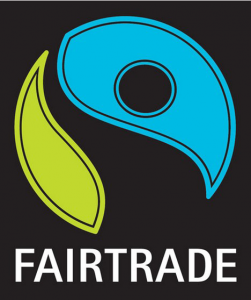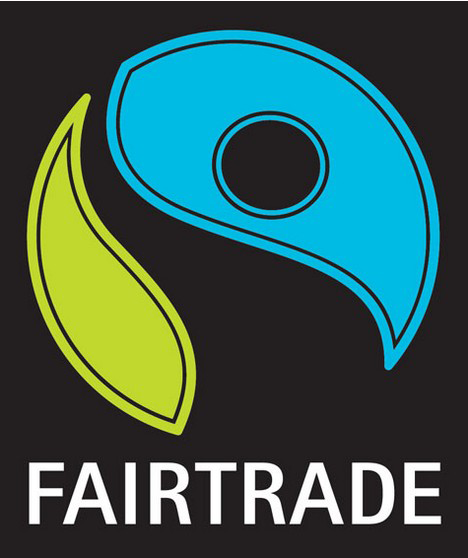
I recently attended The Hope Campaign at Drexel Theater put on by the ladies of Zeta Pi Lambda, soon to be Alpha Sigma Alpha. Their passion about this movement has stirred a conflict in my heart.
Capital University, serves Starbucks Coffee at the Cru Brew Café. It is prevalent that students at Capital thrive off of Starbucks and its indulgences. Starbucks has a lot to offer, with their variety of rich flavors and season-themed drinks available within only a few minutes of ordering. I was guilty myself until this fall.
After some research, I’ve found that as Starbucks claims they sell “fair trade coffee,” only 6% of the 300 million pounds of coffee a year is actually fair trade. For a product to be fair trade, bean farmers must receive a living wage, and in no way has a child or slave contributed to the harvesting of the product. Ironically, for a Starbucks consumer to receive a 100% fair traded cup of coffee, it must be upon request out of a separate bag, and brewed independently. It seems rather unethical for a school as prestigious as Capital, so passionate about ethics and the liberal arts, to sell and promote a coffee whose products are from child and slave labor.
In no way am I writing to attack or accuse Capital University for its decisions. For all that is known, we may be totally naïve to the fact that this even happens. In fact, most of the students I have talked to do not realize there was slavery still happening to this extent, do not know what the term “fair trade” means, nor understand the extent to which these children and slaves live, let alone that Starbucks is a lead distributor of unethical products.
Maybe the concern for us is money. While Starbucks may be cutting us a great deal for the coffee, possibly a better alternative to improving the world may be to buy local. One Line Coffee in Granville, Ohio strives to take the time to know each farmer from overseas and ensure that their line is 100% ethical – from farmer, to roaster, to you. One Line even includes a picture of the farmers and farming community on the backs of their bags to secure us in knowing their promise for a healthy relationship with its source.
I’ve always been one to want to make a difference and look at the big picture, as I‘m certain most of the student body does as well. By starting here at Capital, I can imagine the movement we can create together. If we slowly started to instill the idea around our community that we support a notion for justice for all people, no matter how they affect us, what effect will take place around Columbus, in Ohio, and across the nation? By taking this step, we can ultimately change the way Starbucks sees humankind; not for a means to its end, but for the good of the people, just as this country was based on.
In the completion of my university core classes at Capital, I have learned that I have the power to make a difference, and it is not only available for me to do so, but crucial.
I would love to work with you in finding a way to start a movement and change the way our community sees the world. After all, “Will you?” seems to be the question around campus. Will I make a difference? I sure hope so.
Jessica Stoltz, contributor
jstoltz@capital.edu

